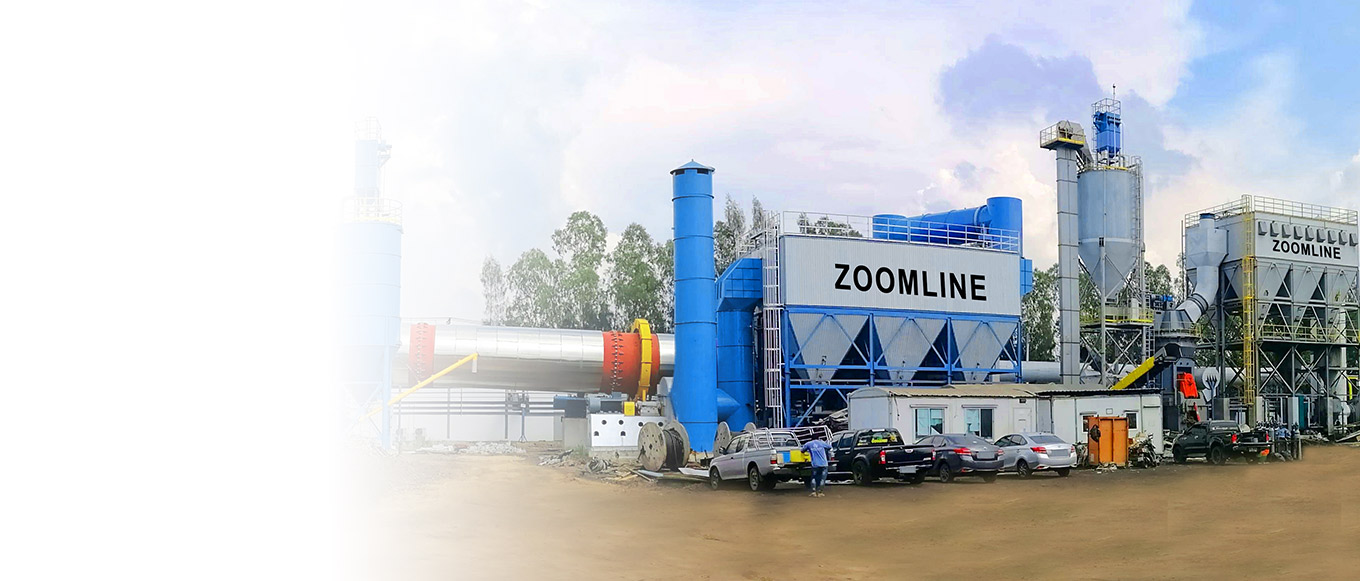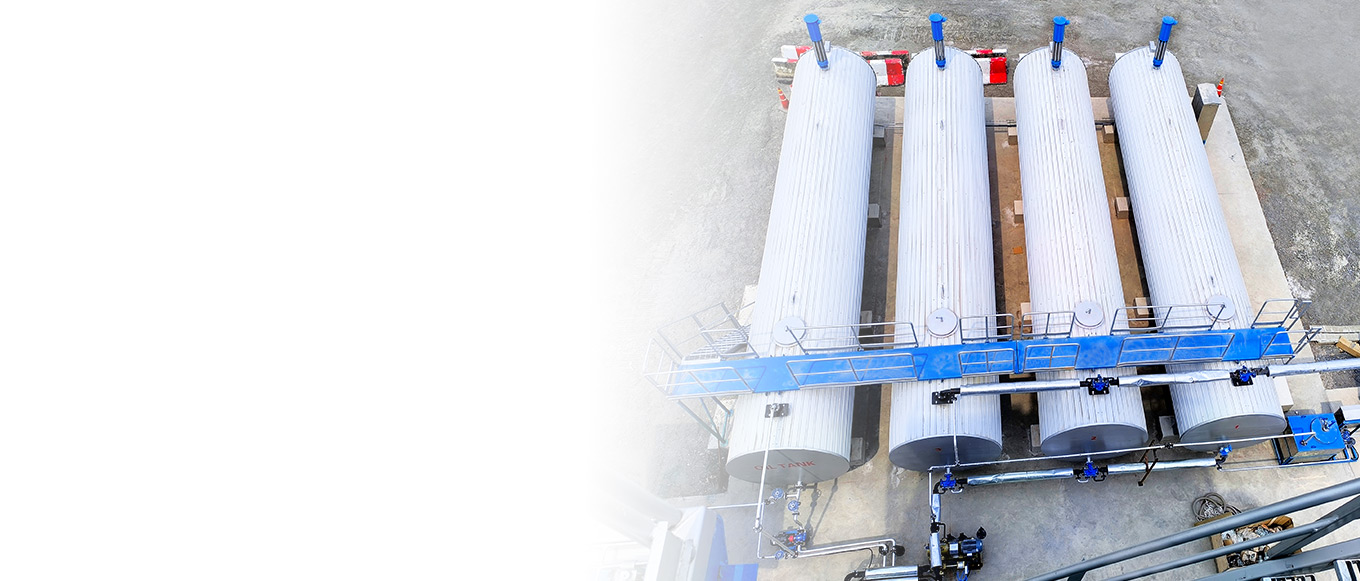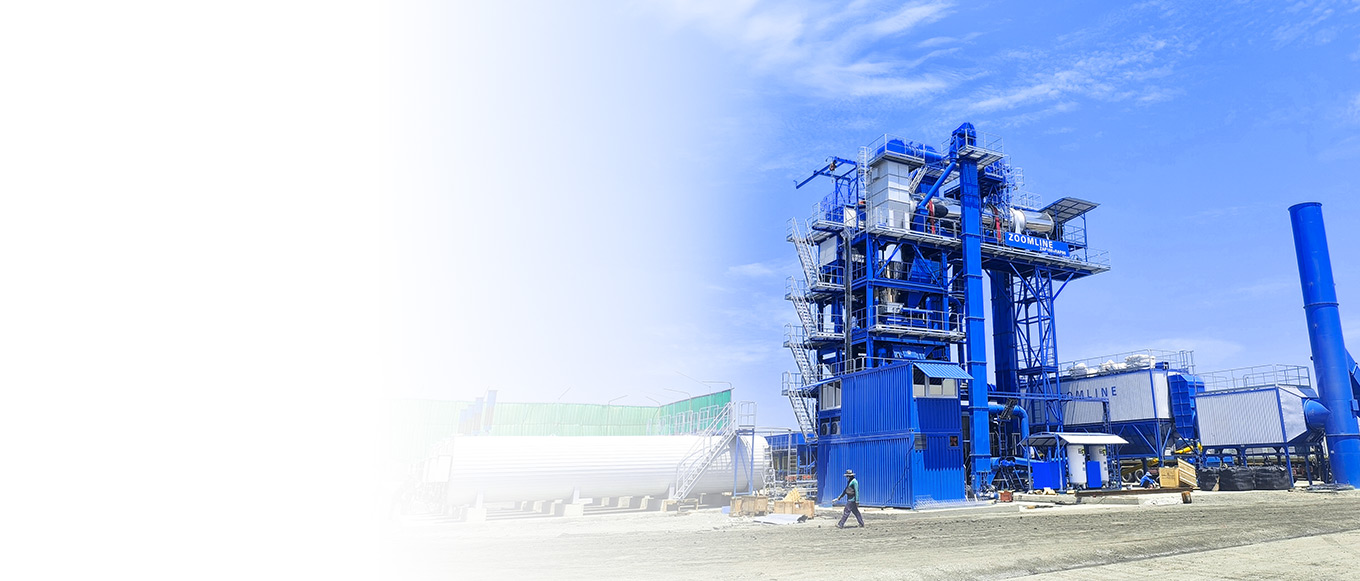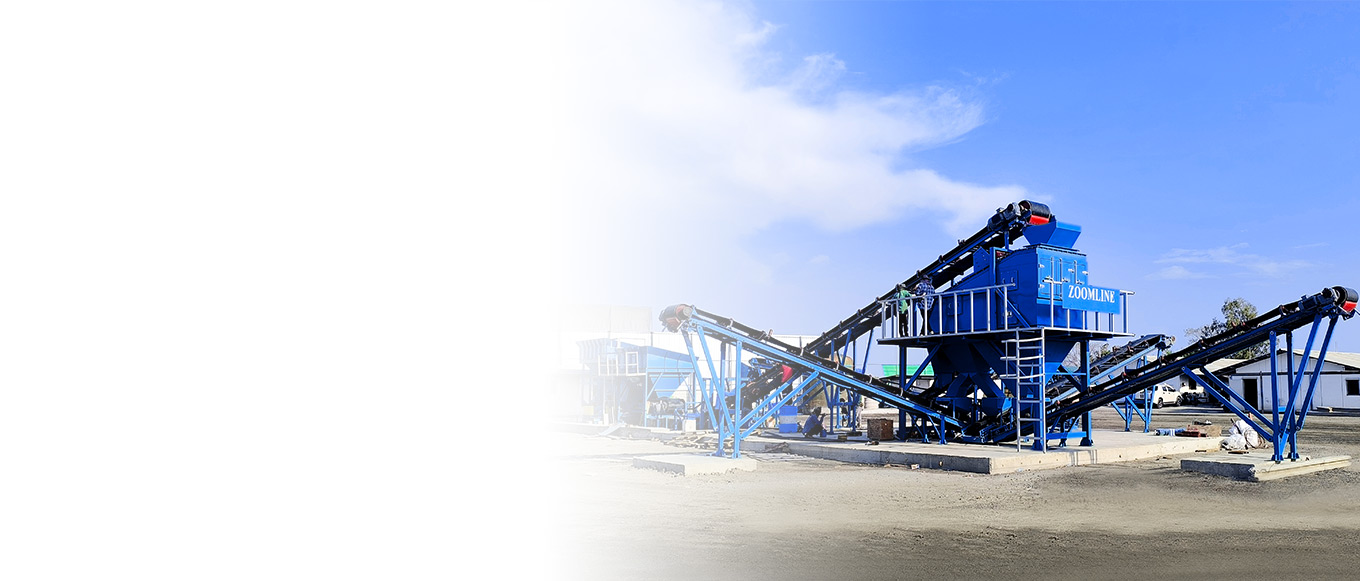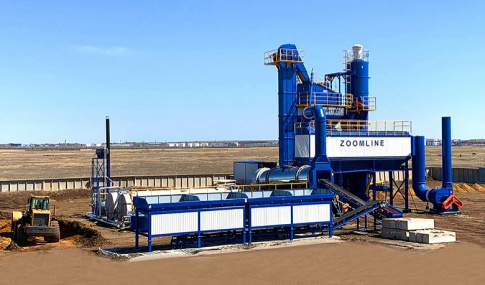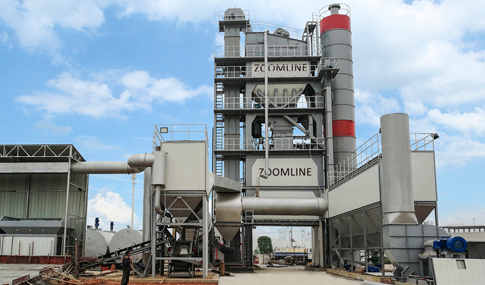In modern infrastructure development, bitumen stands as an indispensable core material. With its exceptional bonding properties, waterproofing capabilities, and durability, it underpins over 90% of the world’s road networks. Whether in urban roadways, residential pavement, roof waterproofing, or pipeline corrosion protection, this petroleum-derived “black adhesive” is essential. This article comprehensively dissects the core knowledge of asphalt—covering its definition, types, application scenarios, and production processes—to help you deeply understand the value of this “foundation of infrastructure.”
Basic Understanding: What Exactly Is Bitumen?
Bitumen is a black, highly viscous semi-solid substance refined from petroleum. Its primary components are hydrocarbons, endowing it with strong adhesive properties and excellent waterproofing and oil resistance. It is not a synthetic material but rather the “heavy residue” remaining after distilling crude oil to remove lighter components like gasoline and diesel, hence its alternative name “petroleum bitumen.”
Core Differences Between Bitumen and Common Materials
Many confuse bitumen with tar or asphalt concrete. In reality, these three substances are fundamentally distinct, with specific differences outlined in the table below:
| Material Name | Source | Core Components | Primary Uses | Key Characteristics |
| Bitumen | Crude oil distillation | residue Hydrocarbons (natural or refined) | Road binder, waterproof coating | Non-toxic, highly malleable, excellent weather resistance |
| Tar | Wood / Coal Pyrolysis | Contains carcinogens like benzene | Early roads (phased out), preservative | Toxic, prone to brittle cracking |
| Asphalt | Asphalt + Aggregate | Asphalt (binder) + Crushed stone / Sand | Road surface layers, parking lots | High density, low noise, highly durable |
Two Core Applications of Asphalt in Road Construction
Asphalt is primarily applied through two methods in road construction, suited for different scenarios:
Direct Spray Method (Surface Treatment): Liquid asphalt is sprayed directly onto the base surface, followed by laying crushed stone aggregate. This method is low-cost and fast to implement, but results in higher road noise and prone to aggregate loosening. It is commonly used on low-traffic roads such as suburban mountain roads and rural roads.
Asphalt Concrete Method (Hot-Mix Asphalt): Sand and stone aggregates are first heated and dried, then mixed with liquid asphalt to form “asphalt concrete.” This process produces high-density pavements with low noise levels and exceptional durability, making it the preferred solution for urban thoroughfares, highways, and airport runways.
Primary Types of Asphalt: Classification by Performance and Application
Based on production processes, physical properties (penetration, viscosity, softening point), and application scenarios, asphalt can be categorized into four core types. The distinct performance characteristics of each type determine its specific field of application:
| Type | Core Characteristics | Production Process | Primary Applications | Current Status |
Pen-penetration grade asphalt
| Classified by “penetration” (e.g., 60/70, 40/60), with lower values indicating higher hardness | Crude oil distillation + fine-tuning | Road construction (over 80% share), parking lots, runways | Widest application, adaptable to various climates (high-penetration grades for high latitudes, low-penetration grades for low latitudes) |
| Oxidized Bitumen | High hardness, high-temperature resistance, anti-aging properties | Bitumen heated and oxidized with compressed air | Roof waterproofing membranes, pipeline anti-corrosion coatings, floor sealants | Core material in waterproofing applications, stable performance |
| Hard asphalt | Solid at room temperature, high strength | Deep distillation or oxidation | Industrial applications (coal briquette bonding, paint manufacturing) | Limited application scenarios, restricted demand |
| Thinned asphalt | Adding solvents (such as gasoline) reduces viscosity, enabling application at ambient temperatures | Asphalt + solvent mixture | Early road maintenance, temporary waterproofing | Generates VOCs (volatile organic compounds) due to solvent evaporation, poor environmental performance, usage declining annually |
Special Modified Asphalt in Road Construction
Beyond the basic types mentioned above, asphalt performance is further optimized through “modification processes” for scenarios involving heavy loads and extreme climates. Common types include:
Polymer Modified Bitumen (PMB): Incorporates polymers like SBS (Styrene-Butadiene-Styrene) or SBR (Styrene-Butadiene Rubber) to enhance elasticity and crack resistance, suitable for heavy-duty highways and roads in frigid regions.
Rubber Modified Bitumen (CRMB): Incorporates recycled tire rubber powder into asphalt, offering noise reduction, crack resistance, and environmental benefits (resource recycling). Commonly used for urban expressways and bridge pavements.
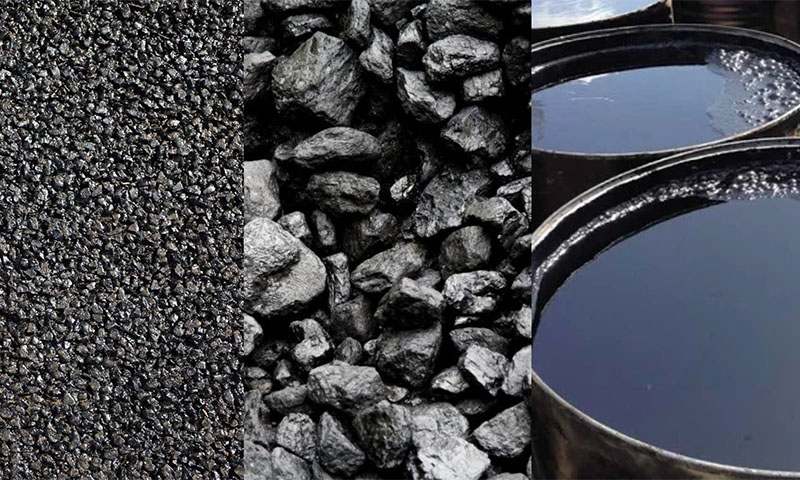
Asphalt Applications: Beyond Roadways
Asphalt’s versatile properties enable its use across infrastructure, construction, and industrial sectors. Core applications fall into three major categories:
Roadways and Transportation Infrastructure (Approximately 70% of Applications)
Pavement Surfacing: Mixed with aggregates to form asphalt concrete, it creates smooth, wear-resistant road surfaces that withstand repeated vehicle traffic while allowing rapid rainwater drainage, minimizing cracks and potholes (over 4 million miles of global roads rely on asphalt).
Other transportation applications: Bike lanes, athletic fields, airport runways, bus platforms, and railway platforms require both abrasion resistance and slip resistance.
Waterproofing and Corrosion Protection (approximately 20% share)
Building Waterproofing: Roofing with asphalt waterproofing membranes (10% of global asphalt production) can last over 20 years when properly installed, resisting UV rays, heavy rain, high temperatures, and other natural erosion.
Industrial Anti-Corrosion: Applied to steel pipelines, water tanks, guardrails, and ship hulls to form a dense protective film, preventing rust and chemical corrosion (e.g., fire lanes, drainage ditches, dock revetments).
Industrial Auxiliary Applications (Approximately 10% of Total)
Used as a binder in coal briquette and charcoal molding;
Added to paints and coatings to enhance adhesion and weather resistance;
Temporary sealing material (e.g., pipe joints, construction gaps).
Asphalt Production Process: 10 Steps from Crude Oil to Finished Product
Asphalt quality hinges on production process control. The complete workflow involves multiple stages—“raw material selection, refining, modification, quality inspection”—to ensure suitability for diverse applications:
Crude Oil Screening: Selecting the Right “Raw Material” is Fundamental
Asphalt is produced from the “heavy fractions” of crude oil. Therefore, high-viscosity, high-asphaltene-content heavy crude oils (such as those from the Middle East, Canada, and Venezuela) must be selected. Some refineries blend multiple crude oils to adjust indicators like sulfur content and viscosity, optimizing subsequent process efficiency.
Atmospheric Distillation: Separation of Light Components
Crude oil is heated to 300-360°C. Light oils such as gasoline, diesel, and kerosene are separated via the distillation column. The residual “atmospheric residue” (boiling point >500°C) at the bottom of the column serves as the primary feedstock for asphalt.
Vacuum Distillation: Extracting Heavy Residues
The atmospheric residue is fed into a vacuum distillation tower (where pressure is reduced). At lower temperatures (to prevent component decomposition), “vacuum gas oil” (usable for lubricants) is separated. The remaining “vacuum residue” is “straight-run asphalt,” suitable for direct use in road construction.
Solvent Deasphalting: Enhancing Purity (Optional)
For high-purity asphalt (e.g., premium waterproofing applications), vacuum residue is immersed in solvents like propane or butane. This dissolves lighter components, leaving high-purity asphaltic material. The separated “deasphalting oil” can be processed into fuel.
Air Oxidation: Adjusting Hardness (Optional)
Asphalt is heated to approximately 280°C and exposed to compressed air for oxidation. This increases molecular weight, enhancing hardness and high-temperature resistance. This step is the core process for producing “oxidized asphalt”; higher oxidation yields harder asphalt.
Modification and Blending: Customized Performance
Blend asphalts with different penetration grades as required to achieve target specifications (e.g., 60/70);
Incorporate modifiers such as polymers and rubber powder to produce “modified asphalt”;
Add anti-stripping agents, anti-aging agents, etc., to optimize specific properties.
Quality Inspection: Ensuring Compliance
Multiple tests validate performance during production, with core inspections including:
Penetration Test: Depth of standard needle penetration at 25°C (mm/10), determining hardness grade;
Softening Point Test: Temperature at which asphalt softens using the “Ring and Cone Method,” assessing high-temperature resistance;
Viscosity Test: Flow resistance at 60°C/135°C to ensure workability during application;
Elastic Recovery Test: Specific test for modified asphalt to evaluate deformation resistance.
Storage: Maintaining Flowability
Asphalt must be stored in insulated tanks maintained at approximately 150°C, equipped with heating coils and agitators to prevent solidification or separation, ensuring flowability for subsequent transportation and use.
Transportation: Select Packaging Based on Requirements
Bulk Transportation: Utilize heated tank trucks, rail tank cars, or vessels for large-scale road projects;
Small-Batch Transportation: Packaged in steel drums or specialized asphalt bags for small-scale waterproofing and maintenance projects (requires heating to soften before use).
Environmental and Safety Controls
Production employs “desulfurization units” and “VOC treatment systems” to minimize exhaust emissions;
Wear heat-resistant gloves and safety goggles during transportation and application to prevent burns from hot asphalt.
Key Consideration: How to Select the Right Asphalt?
Asphalt selection directly impacts project quality and longevity. Evaluation should integrate three core factors:
Climate Conditions: High-latitude regions (e.g., Northeast China) require “high-penetration asphalt” (e.g., 80/100) to resist brittleness at low temperatures; low-latitude regions (e.g., Hainan) require “low-penetration asphalt” (e.g., 40/60) to resist softening at high temperatures.
Traffic Load: Standard penetration asphalt for ordinary municipal roads; polymer-modified asphalt for highways and freight corridors to enhance resistance to rutting and cracking.
Application Scenario: Penetration-grade asphalt for roads, oxidized asphalt for roof waterproofing, hard asphalt for industrial bonding — specific requirements dictate the asphalt type.
Conclusion: Asphalt, the “Invisible Cornerstone” Behind Infrastructure
From the smooth flow of urban roads to the watertight integrity of rooftops, asphalt has become a core material in modern infrastructure due to its versatility, cost-effectiveness, and ease of maintenance. Understanding asphalt’s definition, types, production processes, and application logic not only empowers engineering professionals to make more informed material choices but also helps everyday users grasp the underlying principles of the infrastructure around them.
With advancements in environmental technologies, the asphalt industry will evolve toward “low VOC, high recyclability (e.g., rubber modification), and low-temperature construction” in the future, continuously delivering superior solutions for sustainable infrastructure.




